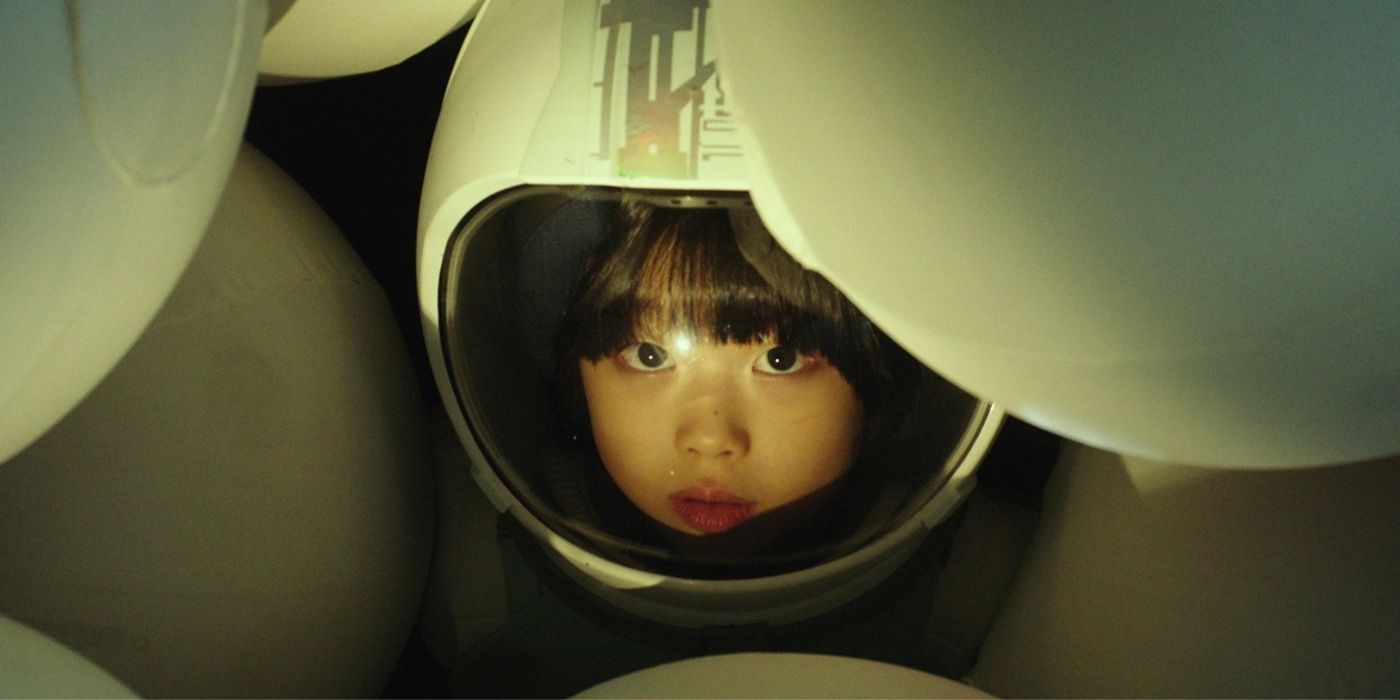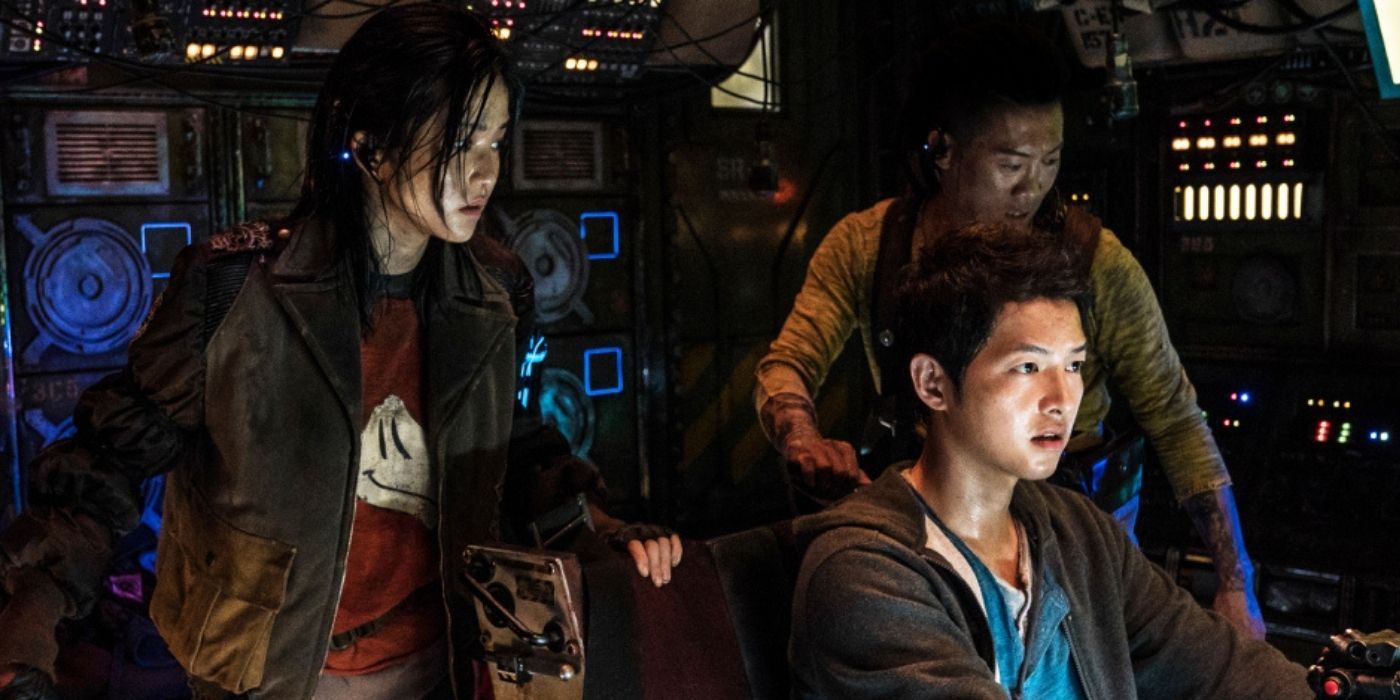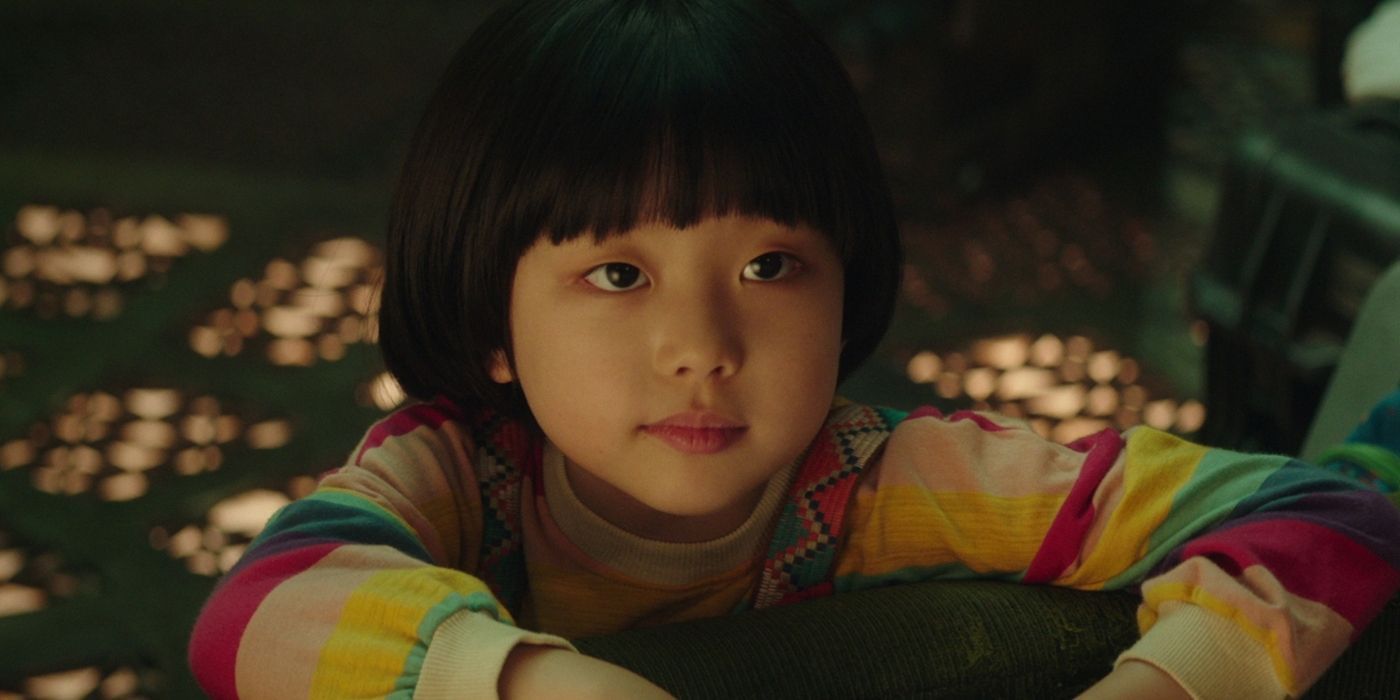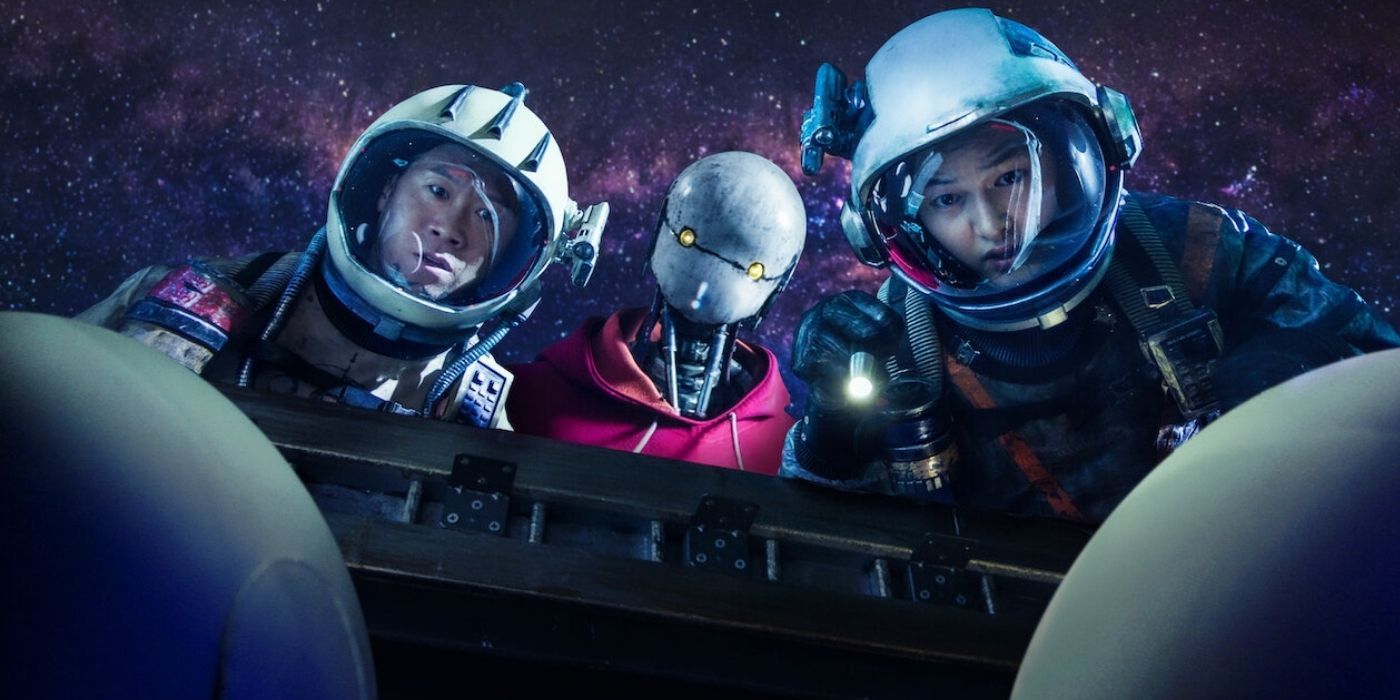
WARNING: The following contains spoilers for Space Sweepers, now streaming on Netflix.
Directed by Jo Sung-hee, Space Sweepers is Netflix's first Korean sci-fi endeavor set in outer space. With the inclusion of likably offbeat characters and plenty of aesthetically satisfying visuals, the film successfully paints a colorful dystopian landscape.
The film's simple and endearing premise paired with a self-aware yet campy execution makes for a wonderfully unique sci-fi experience. Right off the bat, Space Sweepers is presumably a bit different from what most fans of K-horror/drama have come to expect.

The year is 2092, and as the film explains early on, the "earth was still breathing, but it was on life support." Given the circumstances, a corporation (which turns out to be corrupt) called UTS builds an "orbiting home for humanity."
The film centers on the crew of Victory, a ship comprised of misfits that journey around collecting space junk. Included are three fortune-seeking humans, Captain Jang (Kim Tae-ri), Tiger Park (Jin Seon-kyu) and Kim Tae-ho (Song Joong-ki). Further adding to the diverse trio is one sarcastic reprogrammed military robot called Bubs (voiced by Yoo Hai-jin).

While adventuring through space, the Victory crew stumble upon a crashed shuttle. Inside the shuttle is Dorothy (Park Ye-rin), an apparent child-like android. Dorothy (aka Kot-nim) is making the rounds on news outlets and is known to be wanted by UTS as well as a terrorist organization called the Black Foxes.
Initially, they agree to sell the child for ransom since each member aboard Victory requires money. For example, Tae-ho is desperate to find his daughter and needs money to do so, while Bubs plans to purchase skin grafts in order to appear more human. Over time, Dorothy grows on the crew, eventually causing them to band together in an attempt to protect her.

It would be simple enough to write off Space Sweepers as another run-of-the-mill dystopian space opera. At first glance, the film's most noteworthy achievement is its impressive special effects. But upon closer inspection, Space Sweepers has quite a bit to offer in terms of cultural perception.
For starters, while it may show life decades into the future, the film also lends its focus to the topical subject of class inequality. Scenes of people running out of money and resources while simultaneously having to wear gas masks as they clock in for a day of work feel almost bizarrely reminiscent of current times.
During one scene, the crewmates are searching for food and ponder the question, "Do you think poverty makes us bad or that we're poor because we're bad?" As time progresses, Space Sweepers makes it known that poverty does not make a person "bad," but it does strip one of "good" alternatives, merely leaving them with choices.
On several occasions, the film also delves into gender politics. This is best displayed through one of Space Sweepers' most fleshed out and compelling characters, Bubs. Although never explicitly assigned a gender, Bubs' crewmates use he/him pronouns when speaking of the robot (Bubs is also voiced by a male actor). Without giving away the entire ending, the final scene is a remarkably refreshing display of gender non-conformity — one of which has rarely been so well addressed in Korean cinema or on the blockbuster front, for that matter.
Space Sweepers has its fair share of predictability, goofy altercations and eye-roll worthy one-liners. But the addition of genuinely heartfelt moments help balance out the action-packed flick and truly make it worth the watch.
0 Comments